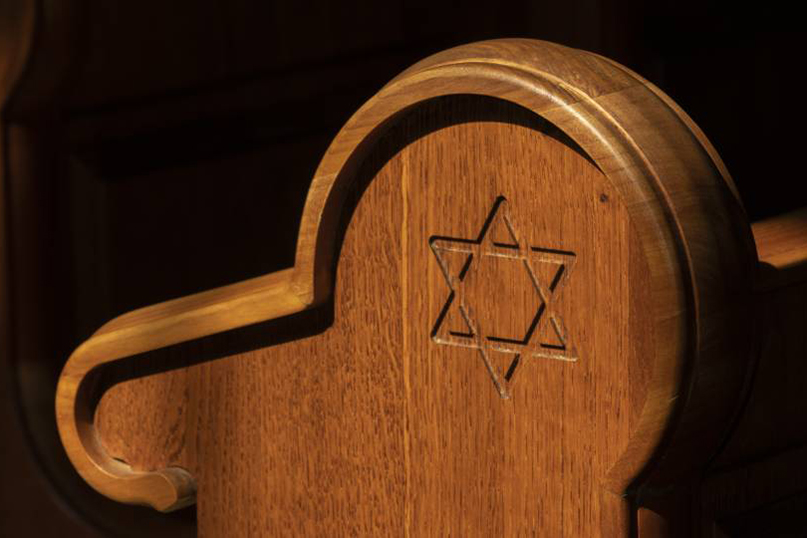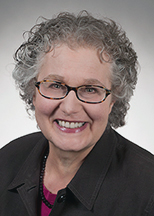
By Leah Cohen Chatinover
One of my sons, stuck in Portugal for the duration of the Covid-19 pandemic was supposed to call on a Friday afternoon. He didn’t call because he forgot what day it was. Another son said, “the only days are yesterday, today and tomorrow.”
This meme is circulating around on Facebook: “Until further notice the days of the week are now called, this day, that day, other day, someday, yesterday and next day.” A TV news spot out of Cleveland called “What Day Is It? With Todd Meany” has become a viral hit.
If we can’t even remember what day of the week it is, how will we ever remember to count the Omer?
It’s easy to lose track of the hours of the day and the days of the week time when your commute to work consists of the trek from your bedroom to your office, and you join your spouse in the kitchen for a lunch meeting.
In my household of two, however, there is the gift of Shabbat – regrounding us at least once a week and reminding us what day of the week it is.
In normal periods, Shabbat is a time to disconnect from the clocks and calendars that pace our work week. In these abnormal times, Shabbat reminds us that it is Friday afternoon, indeed, that it is Friday afternoon at the exact moment to light candles. Our pre-Shabbat schedule has become a comforting and nourishing routine that looks something like this (adjusted weekly for sunset);
• 3-4 p.m. – Make sure dinner is prepared. Wash my hair (possibly the only time in a week.)
• 4:30 p.m. – ReLish (Ruach Lifnai Shabbat): A pre-shabbat virtual gathering for the entire Solomon Schechter Day School of Greater Hartford community, including staff and faculty (including my husband), students and parents.
• 5 p.m. – Virtual playdate with our two-year old grandson, Caleb, and his parents.
• 5:30 p.m. – Scotch with Friends: Check in, share a l’chaim and debrief from the week with 2-5 other couples who are part of our Newton, Massachusetts community.
• 6:30 p.m. – Join one of the many Kabbalat Shabbat services offered virtually by one of our communities in either Newton or West Hartford – or anywhere in the Eastern time zone.
• 7 p.m.– Computers off. Light candles. Dinner, reading, bed.
Granted, Saturday, can be a long, empty day. We don’t have our secular work or our device-driven entertainment to distract us and we are running out of library books to read. Typically, we fill the morning by attending shul and shmoozing with friends at kiddush and we can’t do that now.
Still, we have Friday afternoon, during which each week we see familiar faces and hear familiar voices singing and chatting. This connection nourishes us and fortifies us for the week ahead, and perhaps weeks and months to come. Keeping our communi-ties bonded ensures that those communities will still be there when we get to the other side of this bad dream.
In 70 C.E., the Romans swept through Judaea, destroyed the Temple and exiled the inhabitants from their land. To the Jews of that time this was a cataclysmic event. They thought their world had ended. They adapted by inventing a novel paradigm, creating new sacred spaces and rituals by replacing the Temple with the synagogue and sacrifice with prayer.
When Abraham Joshua Heschel wrote The Sabbath: Its Meaning for Modern Man, he understood that time had to replace space in the post-Temple world. While he surely didn’t anticipate the resonance his words would have in the era of Covid-19 and Zoom, the truth of his insights are eternal, as is Shabbat.
“The meaning of the Sabbath is to celebrate time rather than space. Six days a week we live under the tyranny of things of space; on the Sabbath we try to become attuned to holiness in time.”
Covid-19 has ravaged the world, and evicted us from our sacred spaces. And, while we hope that Covid-19 is not a cataclysmic event of the same magnitude as the destruction of the Temple, we don’t know that it’s not. Surely, it is a watershed, evidenced by the way we have already begun to adapt.
We have, once again, relied on Shabbat, which enables us – indeed forces us – to construct new sacred sanctuaries in time.

Leah Cohen Chatinover lives in West Hartford with her husband Rabbi Steven Chat-inover. An attorney with Stanger Stanfield Law, LLC, she currently working at home, using any extra time she has to reflect and write about this strange era in which we all find ourselves living.
Main Photo: Izzet Keribar/Getty Images








 Southern New England Jewish Ledger
Southern New England Jewish Ledger













